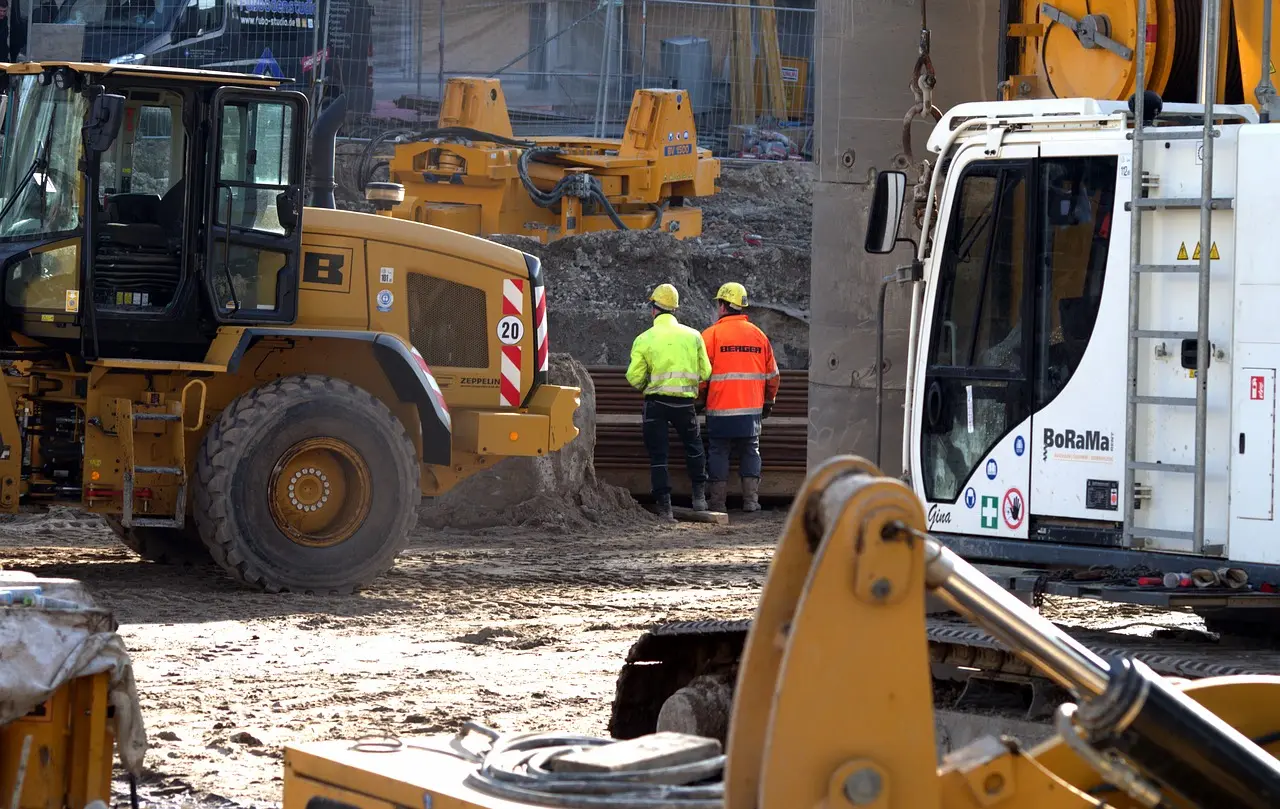The lifespan of a building project is rife with possible snags. Project managers are responsible for ensuring the site runs efficiently, safely, on time, and under budget. There are moments when this is an incredibly tall order.
One research found that 98% of building projects are either overbudget or get delayed.
Why are projects running over time and over budget, and what can be done to prevent this?
Here are just some of the many possible obstacles that might arise during a building project, along with some preventative measures that can be taken:
- Badly defined goals:
The lifespan of a building project is rife with possible snags. Project managers are responsible for ensuring the site runs efficiently, safely, on time, and under budget. There are moments when this is an incredibly tall order.
Why are projects running over time and over budget, and what can be done to prevent this? Here are just six of the many possible obstacles that might arise during a building project, along with some preventative measures that can be taken.
Solution: Always ensure that the goals are properly defined, right from the beginning of the project till the end. Having multiple stakeholders is one of the major reasons this occurs, so one individual or team acting as a conduit between them can go a long way in ensuring that the goals that are defined are actually realized.
- Budgeting:
When it relates to staying in budget, many building projects flop. Overruns in building budgets typically begin at around 16% worldwide, but there have been cases where costs have gone up to 175%!
The likelihood of a project’s budget going over is proportional to its size. As a result, your capacity to meet initial cost needs will be defined by the complexity and scope of the project.
However, this is not all. There are many more elements involved. Among them are examples like:
- Price escalations, external risks such as adverse weather conditions
- Changes in project design, scope, and client demands
- Unrealistic estimations owing to naivety, ignorance, or fraud;
- Poor project management and botched tasks.
Solution: There is no one-size-fits-all answer to the problem of cost overruns because there are many possible causes. However, with the help of budgeting and keeping tabs on costs, overruns may be minimised.
In addition, cost estimating requires a substantial amount of care. Gaining a thorough familiarity with your project, collecting information to back up your estimates, taking into account all the hazards, and employing proper estimating methodologies are all essential steps toward obtaining a reliable and reasonable estimate.
3. Excessive Time Consumption and Impossible Target Dates:
The same factors, such as unanticipated complications and inept management, can lead to this problem as they do to budget overruns, making it a perennial construction project management headache. However, inadequate forecasting and a lack of early analysis are the most significant, leading to unachievable targets and schedules.
As well as schedule overruns, there are likely to be additional negative implications for the management when the time constraints of a project are excessively tight and not in accordance with the real scope of work. Stress, exhaustion, and a general lack of enthusiasm among workers are the direct results of unreasonable deadlines. As a result, they have an equally negative effect on output and efficiency.
Solution: To solve this problem and ensure that projects are completed on time and that reasonable deadlines are set, you should consider making some changes to your general approach to managing time.
Planning, prioritising, and estimating your work is essential. Taking a methodical approach to scheduling and utilising reliable time tracking tools will help you keep tabs on your progress and make sure that your project stays under budget.
4. Scheduling Conflicts:
Even for an experienced construction expert, scheduling can be a complicated affair since construction schedules rarely reflect the real image of work being completed. The most typical scheduling blunders, and how much time and money they waste, are explored in detail. Our prior blog post contains further details.
The building sector has a serious problem with overly optimistic estimates of available resources. Each business prepares its own individual projection of available resources during the planning process.
When this prediction fails, it might throw everything off balance. This might be in the form of time, money, or one of the other resources. When it comes to scheduling, there are a number of additional potential obstacles to consider. Time management and the stress of trying to achieve impossible goals are also major problems.
Solution: You must carefully organise your chores into priorities and set realistic goals and time frames for completion. Technology has been very helpful in this respect.
Many software packages designed to oversee building projects also include time tracking and management features. Quality management software, scheduling software for construction management, and risk management software are all worthwhile investments. Having everything you need in a single piece of software can be the best option.
When it comes to managing construction projects, most of the difficulties may be mitigated by using digital tools.
The current wave of digitization in the building sector will eventually become the standard. There has to be more of a general understanding that if people don’t get on the bandwagon soon, they could lose out on multiple opportunities.




